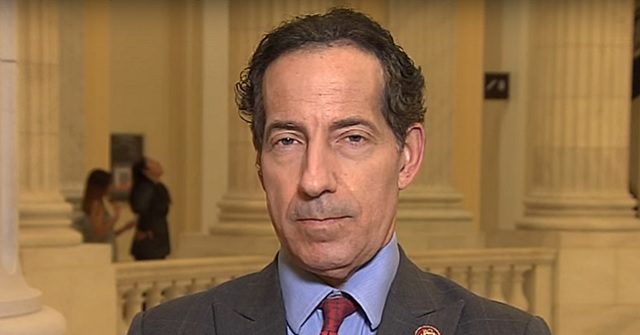On a recent episode of CNN’s “State of the Union,” Representative Jamie Raskin (D-MD) addressed the notion of the “deep state” in connection with President-elect Donald Trump’s appointment of Kash Patel to lead the FBI. Raskin suggested that this appointment signified an intent to reform the FBI rather than a mere continuation of perceived politicization within the agency. When prompted by guest host Kasie Hunt about potential issues of politicization within the FBI, Raskin acknowledged a historical context where such concerns have arisen. He referenced the COINTELPRO operations during the 1960s, where the FBI was known to target civil rights leaders like Dr. Martin Luther King Jr. and other movements, illustrating how the agency had previously been exploited as a political tool.
Raskin pointed out that while there have been past instances of the FBI being directed at particular political movements and figures, he sees no current evidence suggesting that the FBI is being weaponized against any political faction today. He argued that accusations of politicization often stem from individuals’ expectations that law enforcement should operate in a manner that aligns solely with their political leanings. He contended that the current Department of Justice has pursued cases against members of both major political parties, highlighting recent charges against Democratic officials as evidence that the prosecutorial focus is not politically motivated but rather based on legitimate legal grounds.
During the discussion, Raskin emphasized that the concept of the “deep state” lacks a clear definition and is often invoked by those who resist accountability or actions taken by the government that do not align with their expectations. He expressed concern that the term has been weaponized by those who feel that any federal action not favoring their political agenda is unreasonably politicized. This perspective on the “deep state” reveals a fundamental disconnect where individuals might characterize governmental actions contrary to their desires as part of a conspiracy, rather than as impartial law enforcement.
The congressman also critiqued the narrative espoused by some Trump supporters, which paints the FBI and broader institutions as being inherently biased against them. This reflects a broader political strategy that may seek to undermine trust in federal agencies. As Raskin pointed out, the instances of bipartisan investigations by the Justice Department suggest that the claim of a single-sided political bent is overly simplistic and misrepresentative of how these agencies operate. Such views, according to him, serve more as talking points within a polarized political environment rather than grounded evaluations of the institutions themselves.
Raskin’s remarks invite deeper reflection on the nature of trust in federal law enforcement and how it interacts with partisan politics. By examining historical precedents where these agencies crossed ethical lines, he touches upon critical issues of accountability and transparency in governance. He asserts that contemporary critiques should be grounded in evidence-based assessments rather than conjecture fueled by political loyalty. This approach could foster healthier discourse around the role of institutions like the FBI in a democracy.
As the conversation around the “deep state” continues, Raskin’s insights serve as a reminder to navigate these discussions with a balanced and informed perspective. He advocates for an understanding that respects the complexities of political accountability without resorting to reductive or conspiratorial frameworks. The ongoing challenges within political communications demonstrate a pressing need for clarity and integrity in institutional dialogues, particularly as they relate to the interplay of justice and politics in American society.

